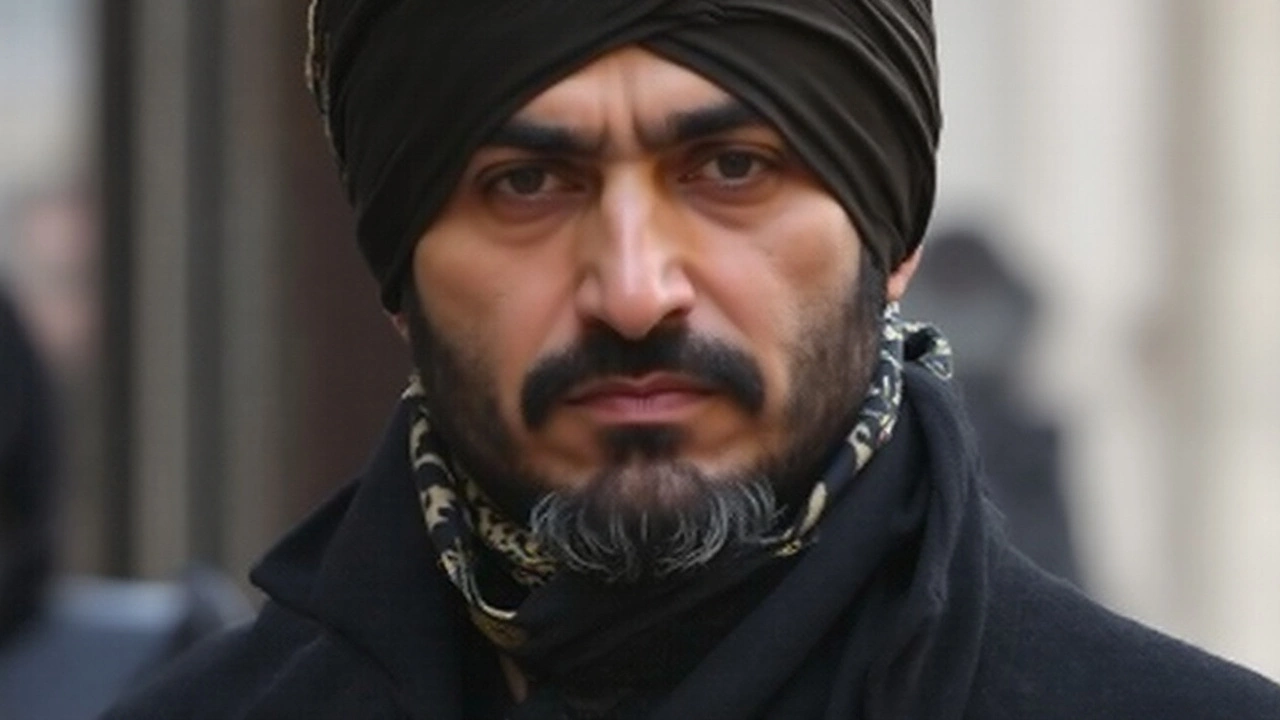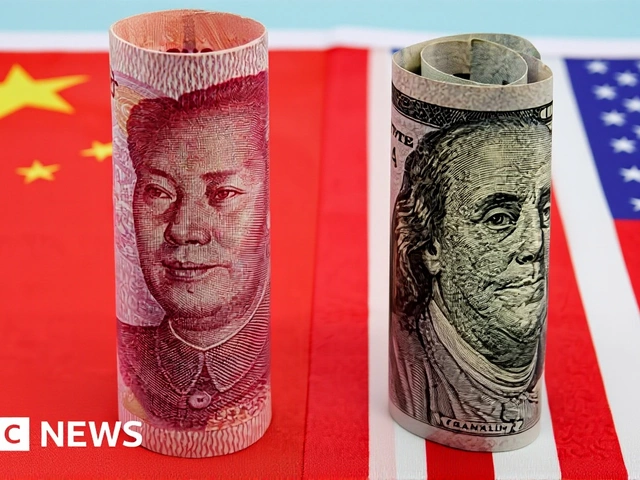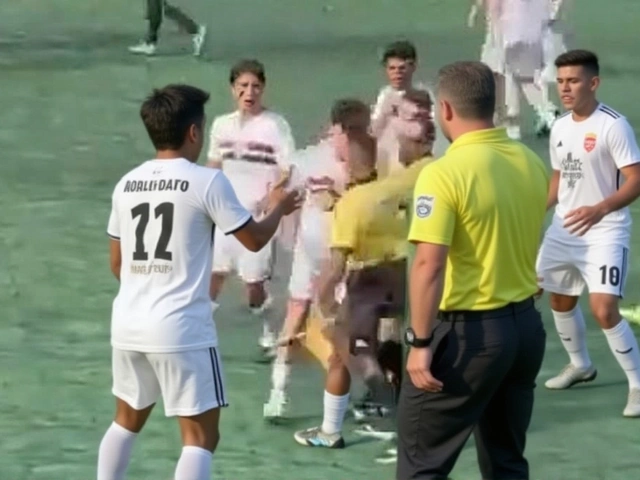Extradition: Simple Guide to the Legal Process
Ever heard the word “extradition” and wondered what it actually means? In plain terms, it’s the legal hand‑off of a person accused of a crime from one country to another. Think of it like a cross‑border police handover, but with paperwork, courts, and lots of rules.
People often ask why extradition matters. The short answer: it stops criminals from running off to a safe haven and helps countries cooperate on serious offenses. Without it, a thief could simply hop on a plane and avoid justice.
How Extradition Works
The process starts when a country asks another to hand over a suspect. That request usually follows a treaty – a formal agreement that spells out which crimes qualify and what paperwork is needed. If the request meets the treaty’s terms, the asked‑for country’s courts will review it.
During the review, judges check a few key points: is the crime covered by the treaty? Is there enough evidence to show the person likely committed it? And does the request respect the suspect’s human rights? If the court says yes, the suspect is taken into custody and the hand‑over happens.
Sometimes the suspect can fight the extradition. They might argue that the charge is politically motivated, that they’d face torture, or that the legal system in the requesting country isn’t fair. Those are serious claims, and courts take them seriously because international law cares about protecting people’s rights.
Recent Extradition Headlines
Extradition isn’t just a dry legal concept – it pops up in the news all the time. A few weeks ago, a high‑profile businessman facing fraud charges was sent back to the U.S. after a UK court approved the request. The case showed how quickly things can move when both countries have a strong treaty.
On the flip side, a famous athlete fought extradition over a drug‑smuggling claim, arguing the evidence was weak. The court delayed the hand‑over, highlighting that not every request is a slam dunk.
These stories illustrate two things: extradition can speed up justice, but it also has safeguards to prevent abuse. Watching the headlines helps you see the balance in action.
So, the next time you hear “extradition” on the news, you’ll know it’s more than a buzzword. It’s a legal bridge that lets countries work together, while also guarding against unfair treatment. If you ever need a quick refresher, just remember: request, review, rights check, and then the hand‑over – that’s the core of extradition.
9

Haroon Aswat in New York court after extradition over Oregon camp plot
British suspect Haroon Aswat appeared in a Manhattan federal court on charges tied to plans for a terrorist training camp in Oregon. His case took years of legal fights across two continents, including a European human rights ruling over U.S. prison conditions and mental health care. He pleaded guilty in 2015, received a 20-year sentence, and was deported to the UK in 2022.



